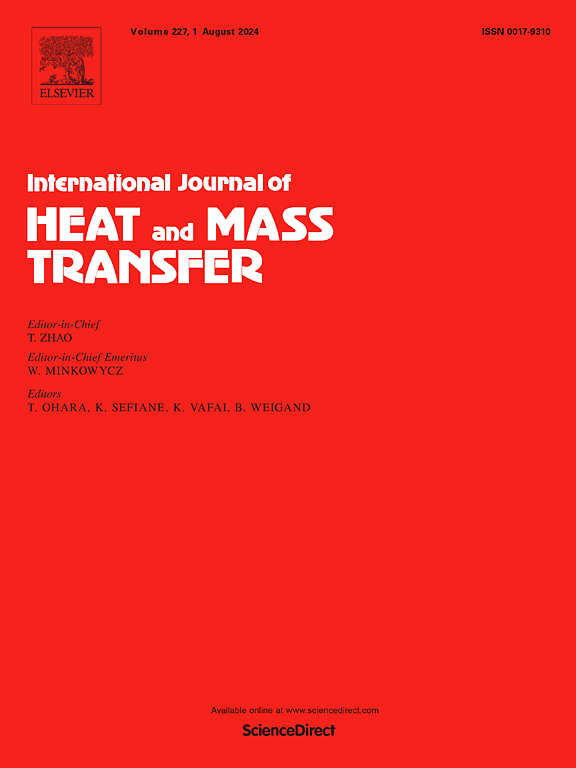Experimental and numerical thermal characterization of honeycomb core sandwich structures with glass/polypropylene twill weave composite face sheets
Abstract
Thermal characterization of honeycomb core sandwich panels with GFRP skins by theoretical formulations, and experimental methods followed by corroborating numerical models help identify the effective thermal conductivity in both the out-of-plane and in-plane directions. Swann–Pitman’s semi-empirical model formed the basis for the theoretical understanding of heat transfer in honeycomb core sandwich panels. Experimental approach involved a setup based on guarded hot plate (GHP) apparatus, and transient laser flash technique while the numerical approach involved FE modeling of the woven composite fabric face sheet by multi-scale modeling using the actual physical dimensions of the yarn e.g., crimp angle, width and height of the yarns etc. obtained using microscopic analysis. The fiber volume fraction of the experimental samples was estimated both by image analysis and burn-off method using Thermogravimetry (TGA). Various numerical models based on Mechanics of Structure Genome (MSG) and randomized fiber distribution in the yarns at the micro-level are compared with the experimental results to arrive at the model that most closely mimics real situation. Then, the numerical model is used to predict the thermal conductivity of the composite as the fiber volume fraction and crimp angle varies.

 求助内容:
求助内容: 应助结果提醒方式:
应助结果提醒方式:


